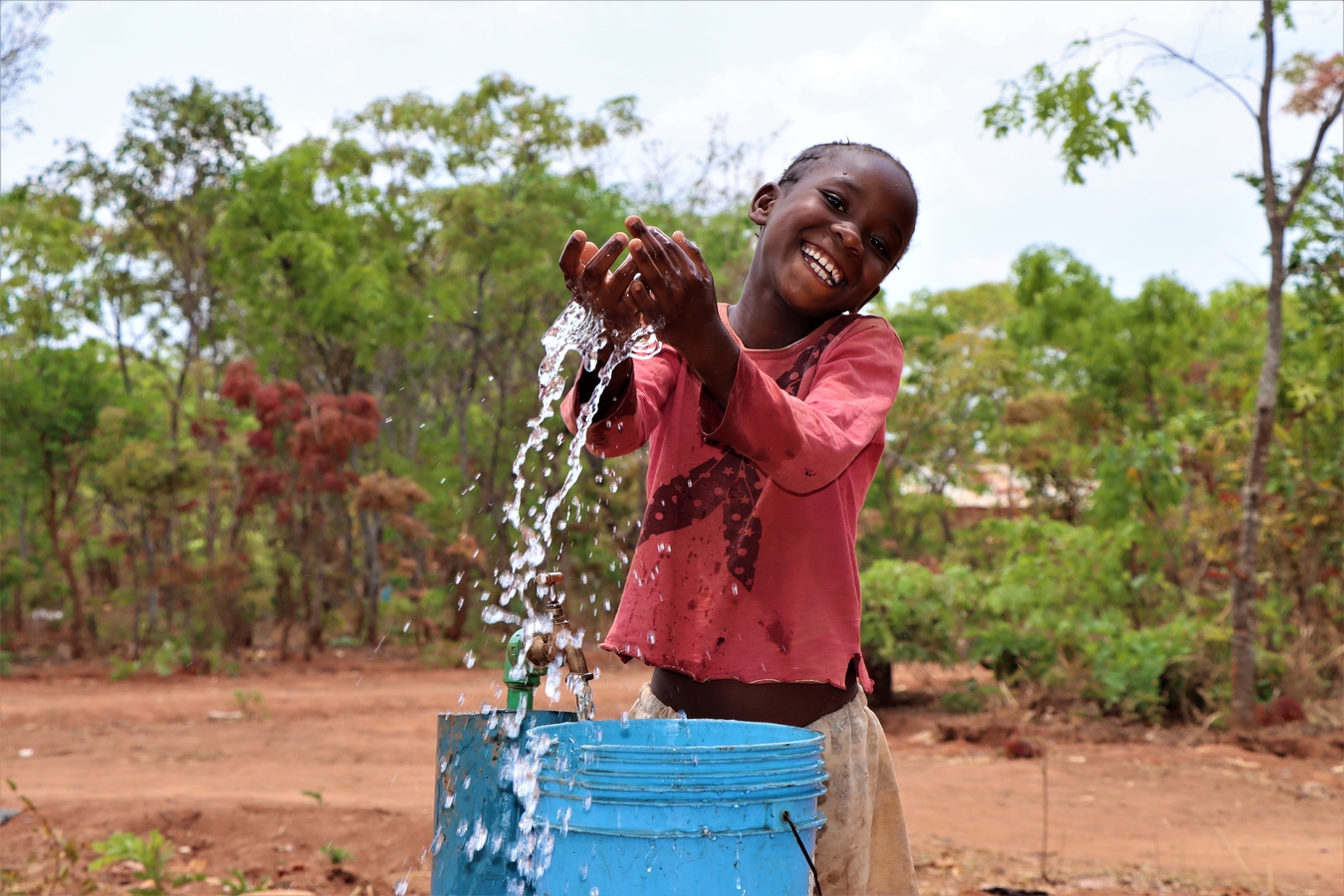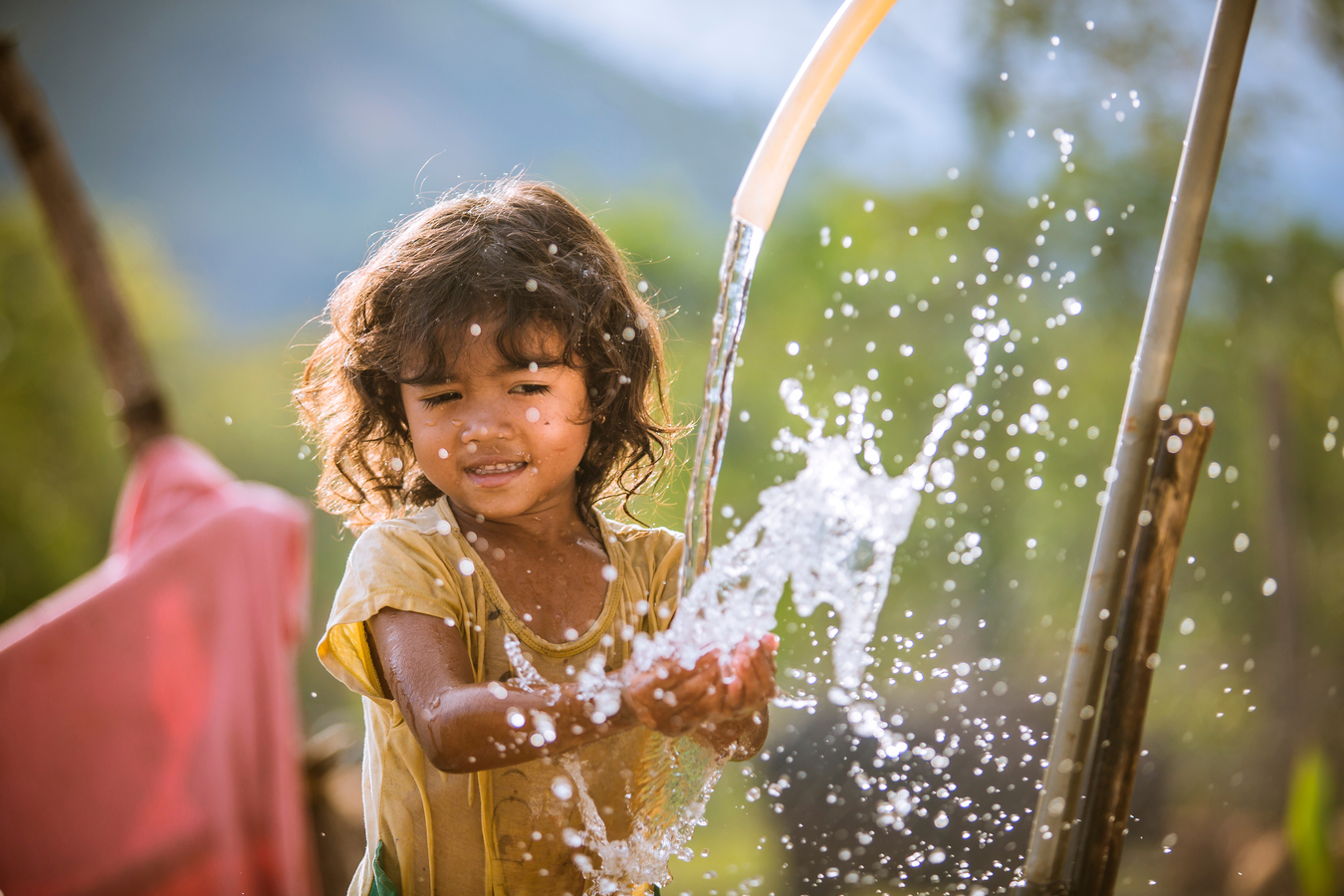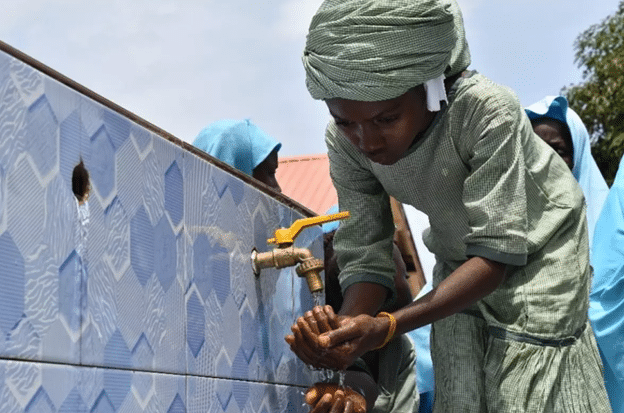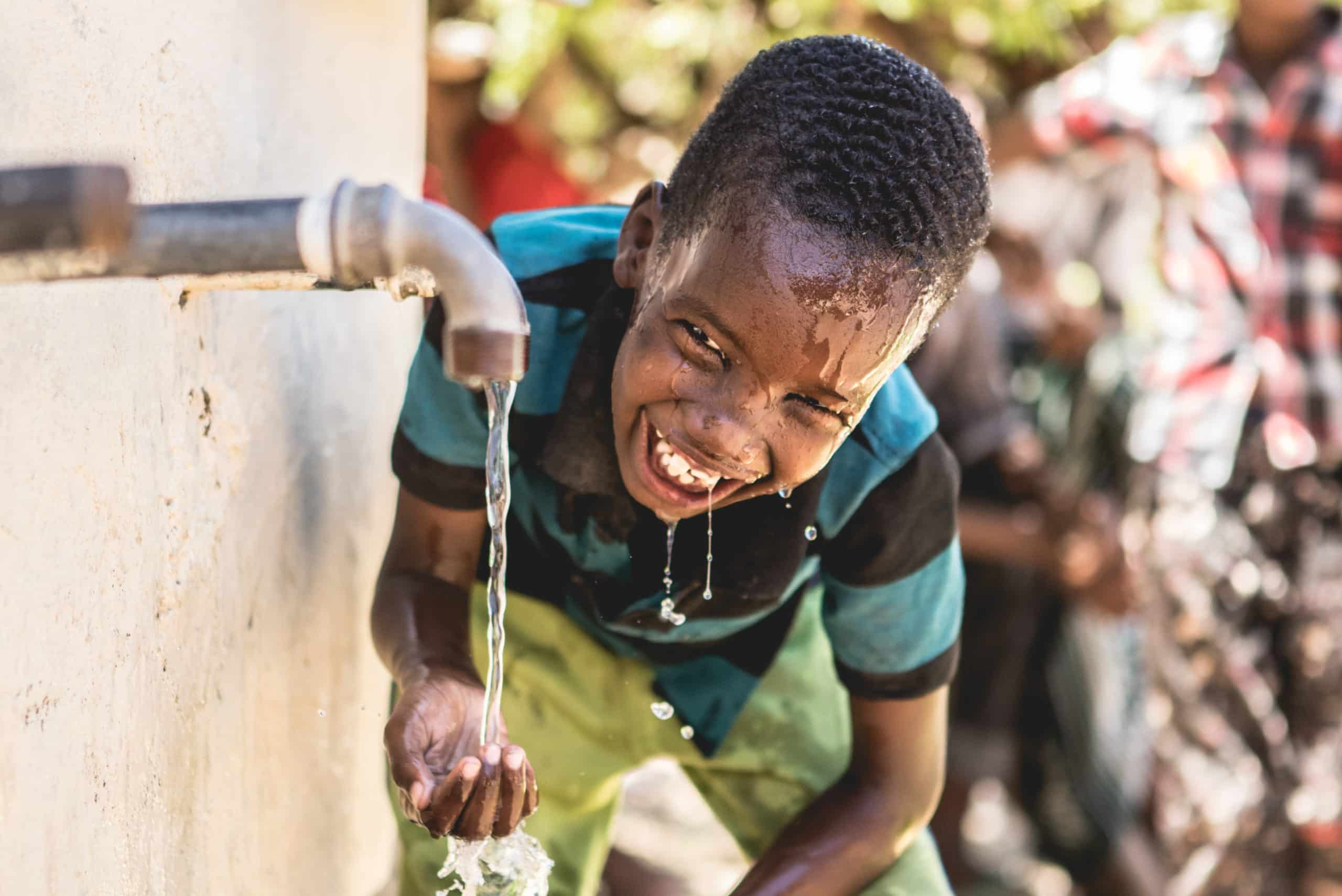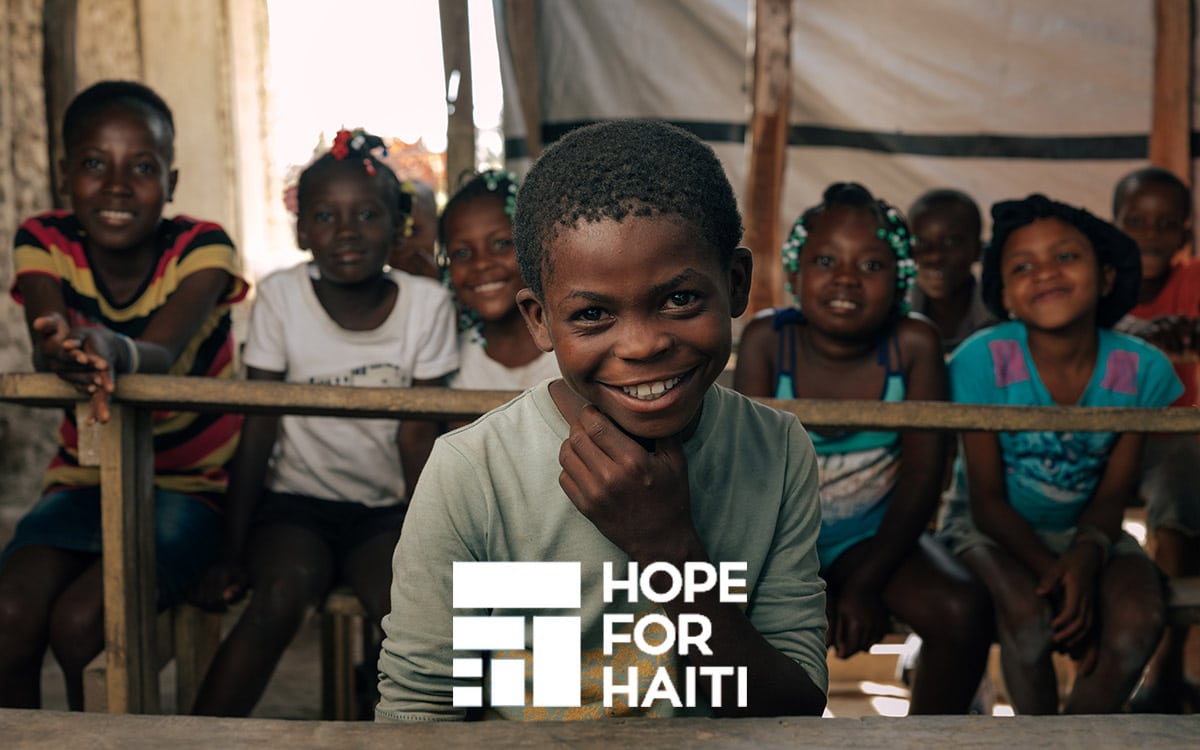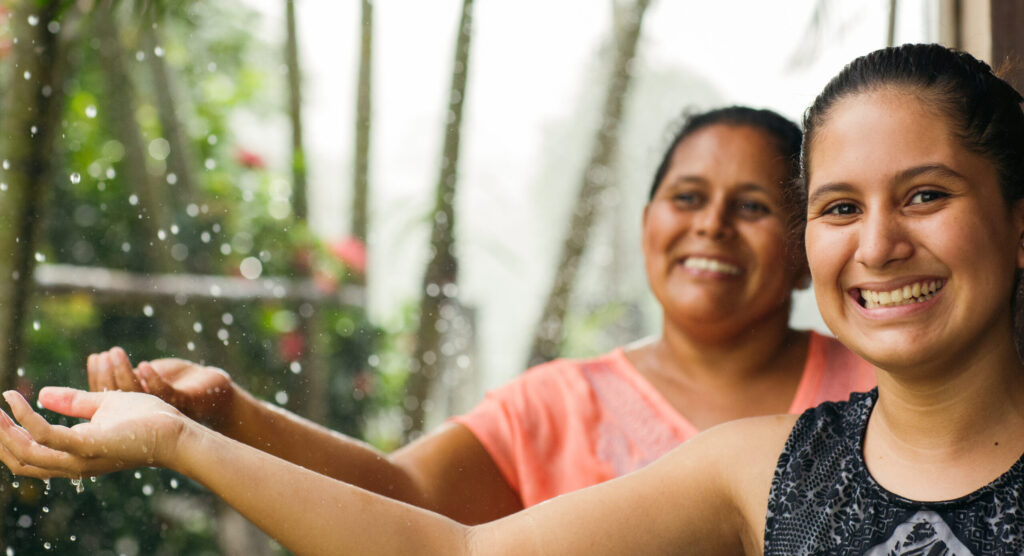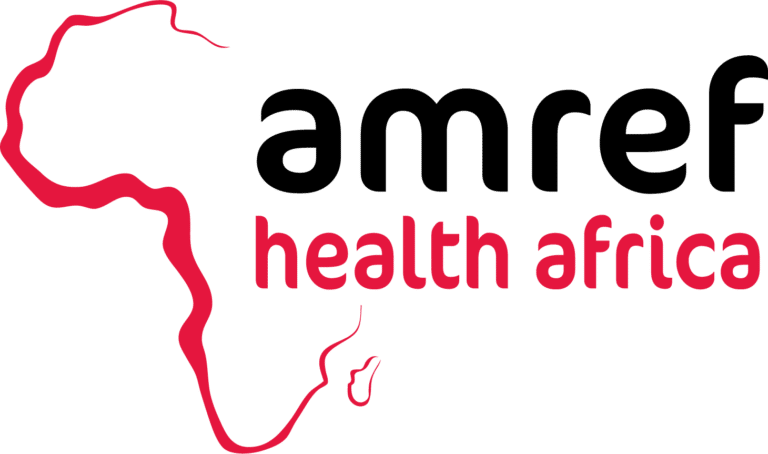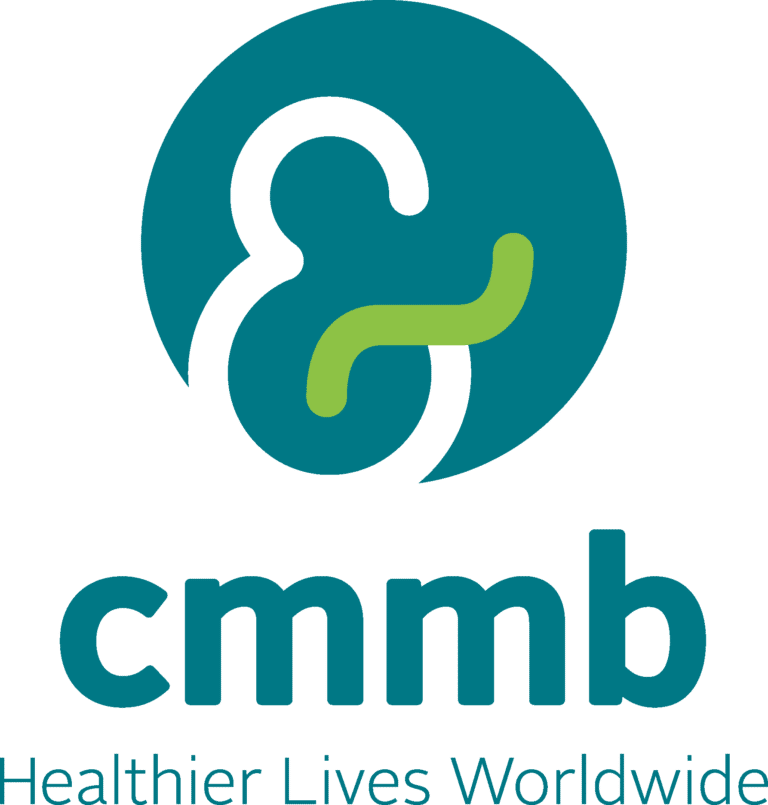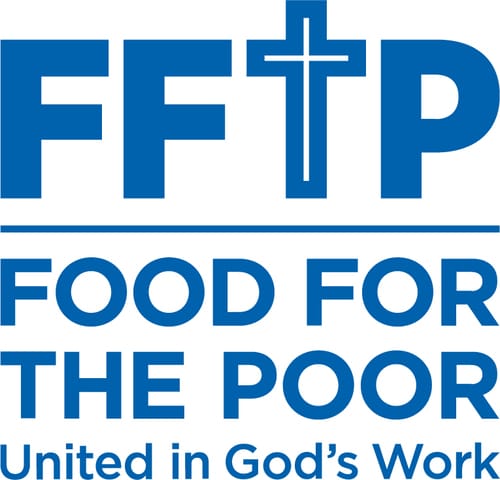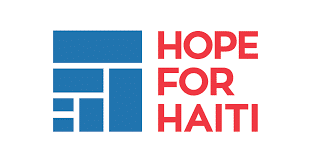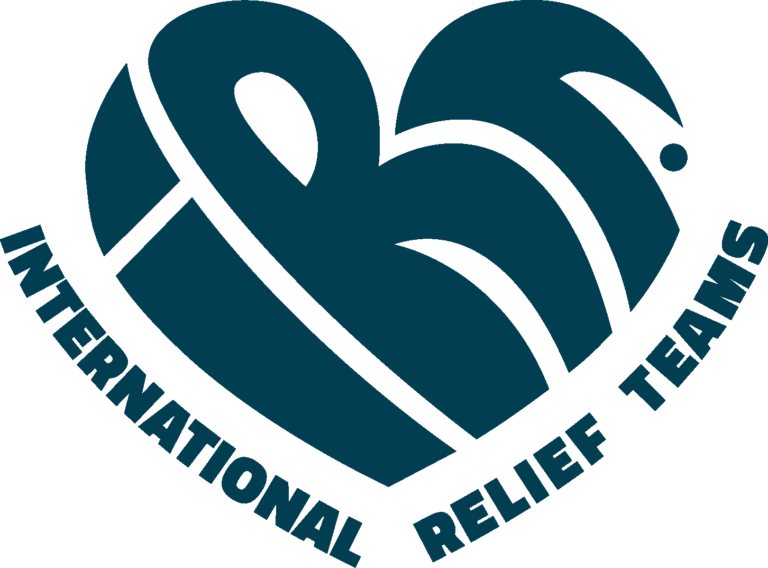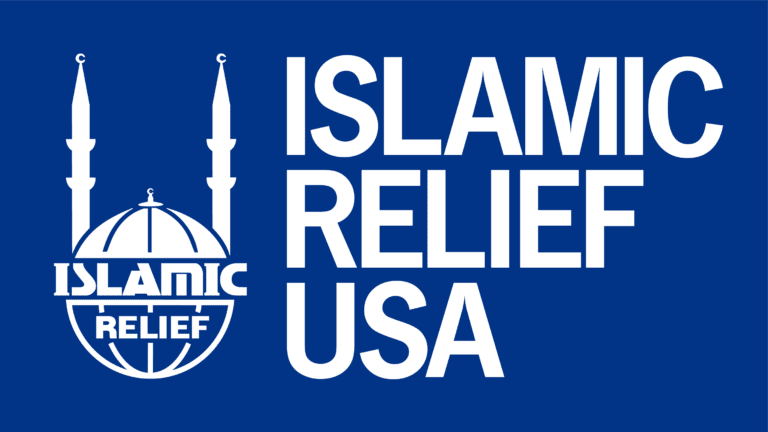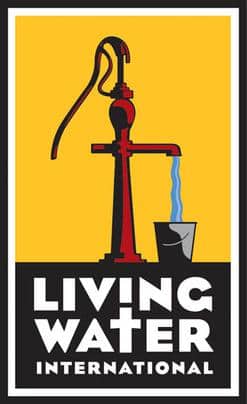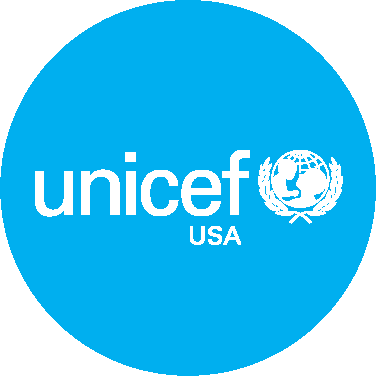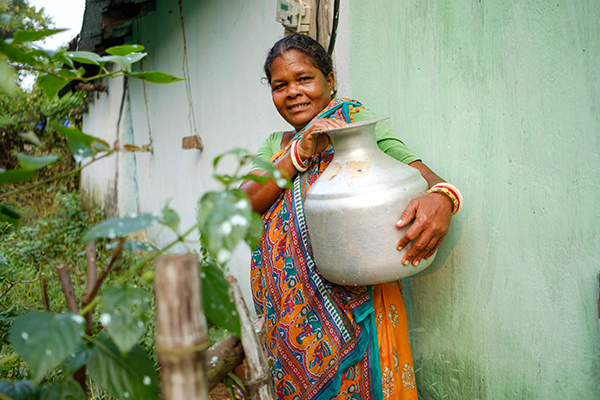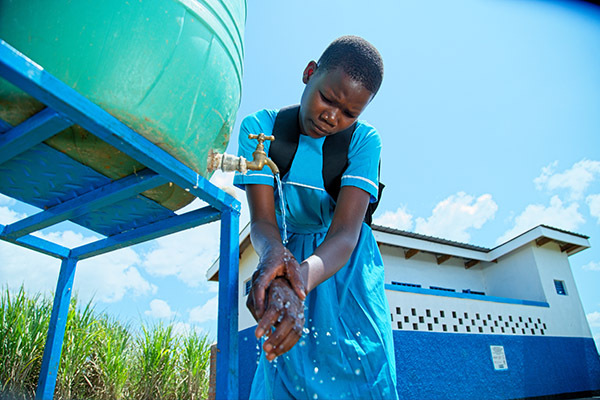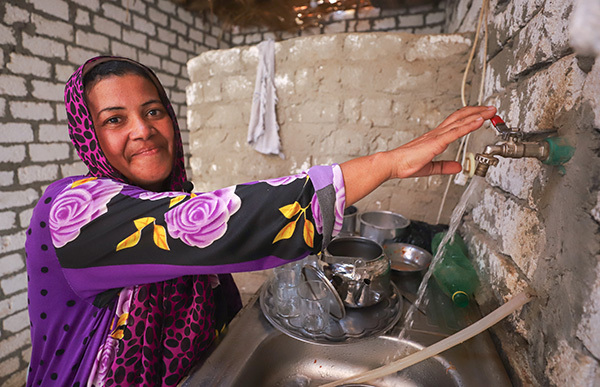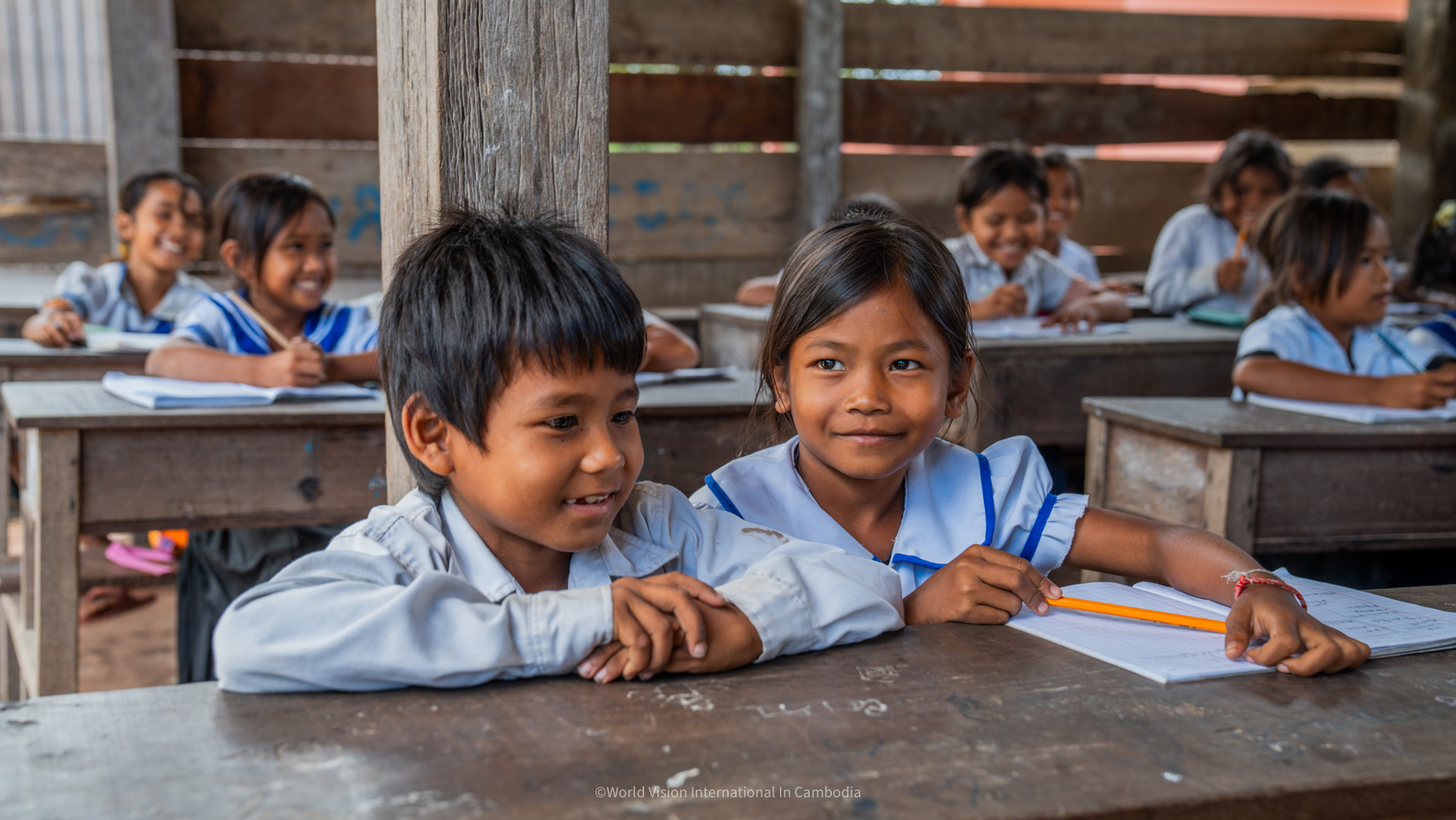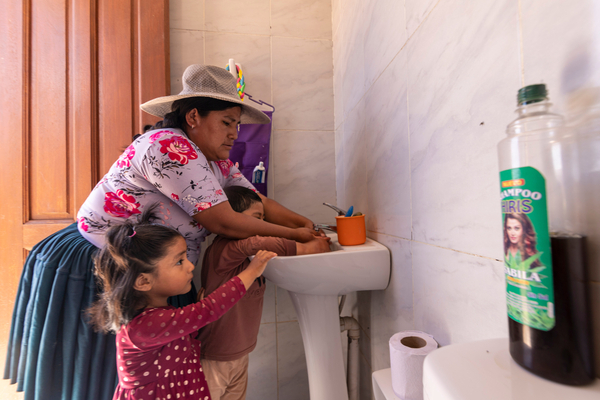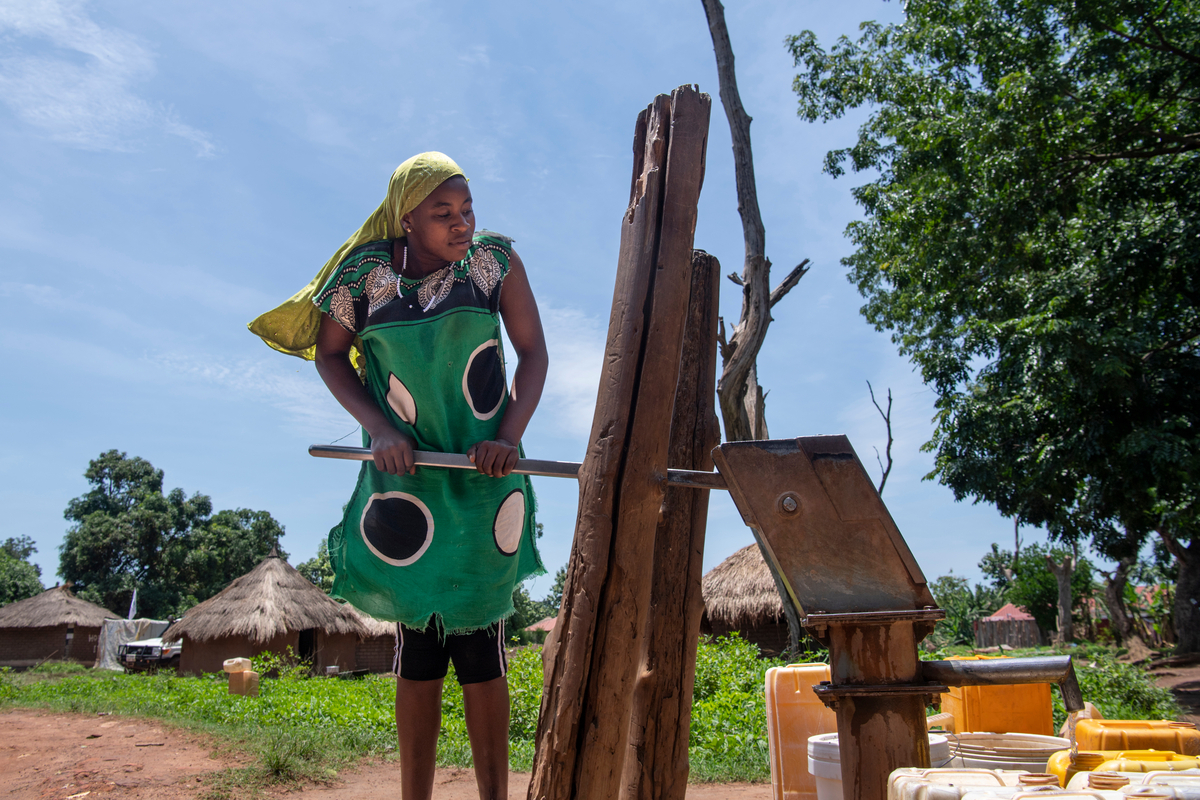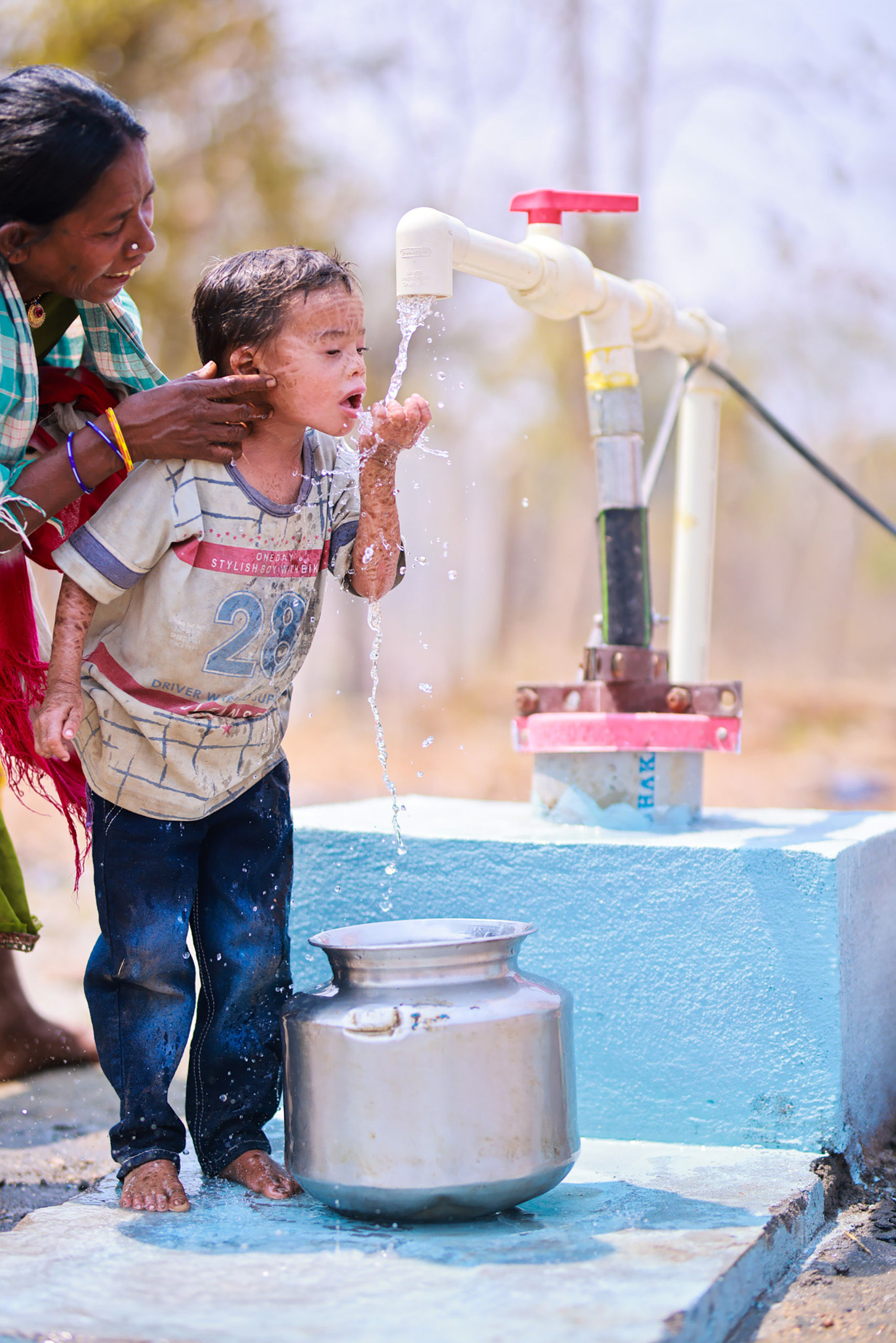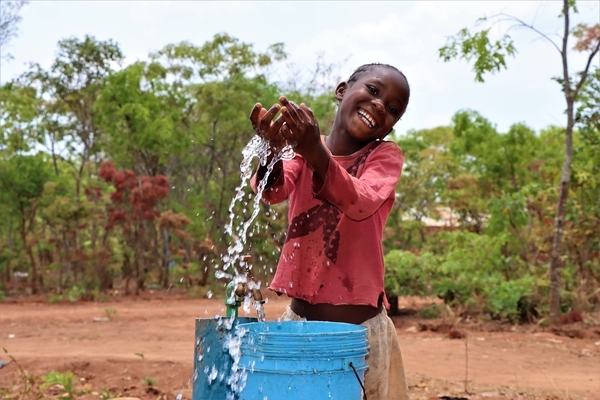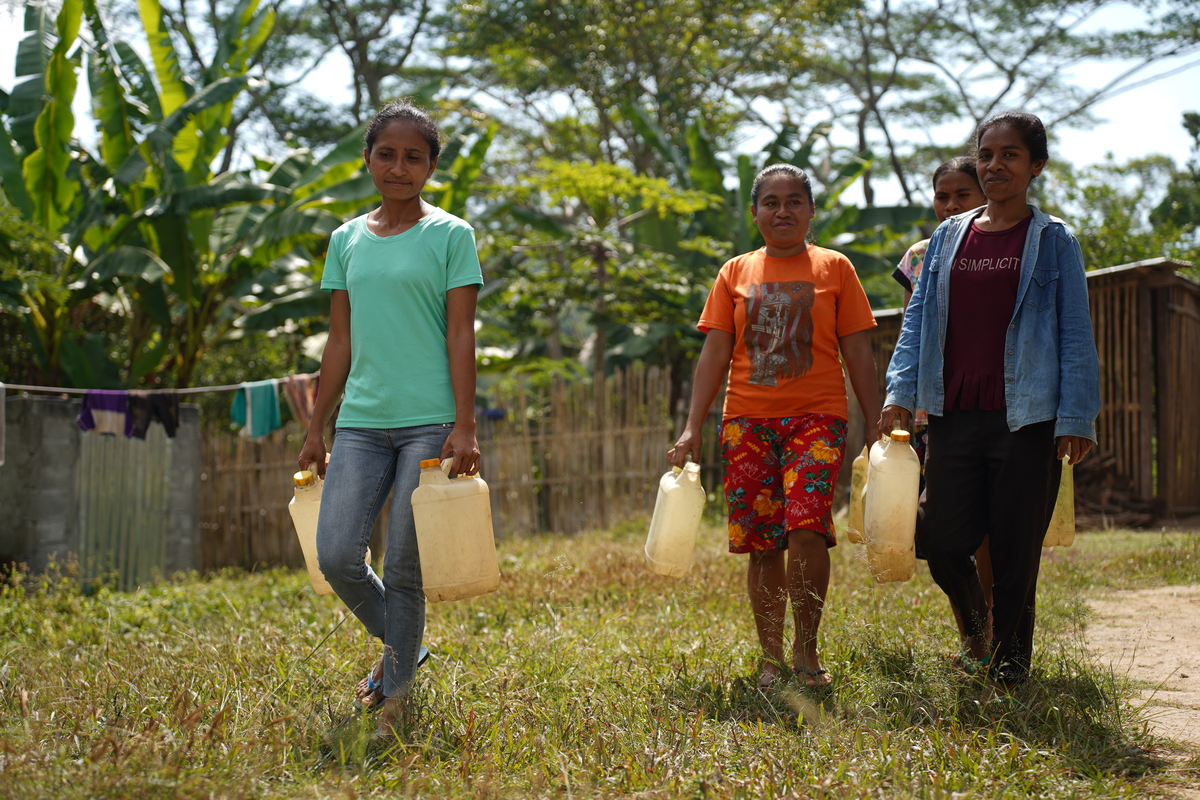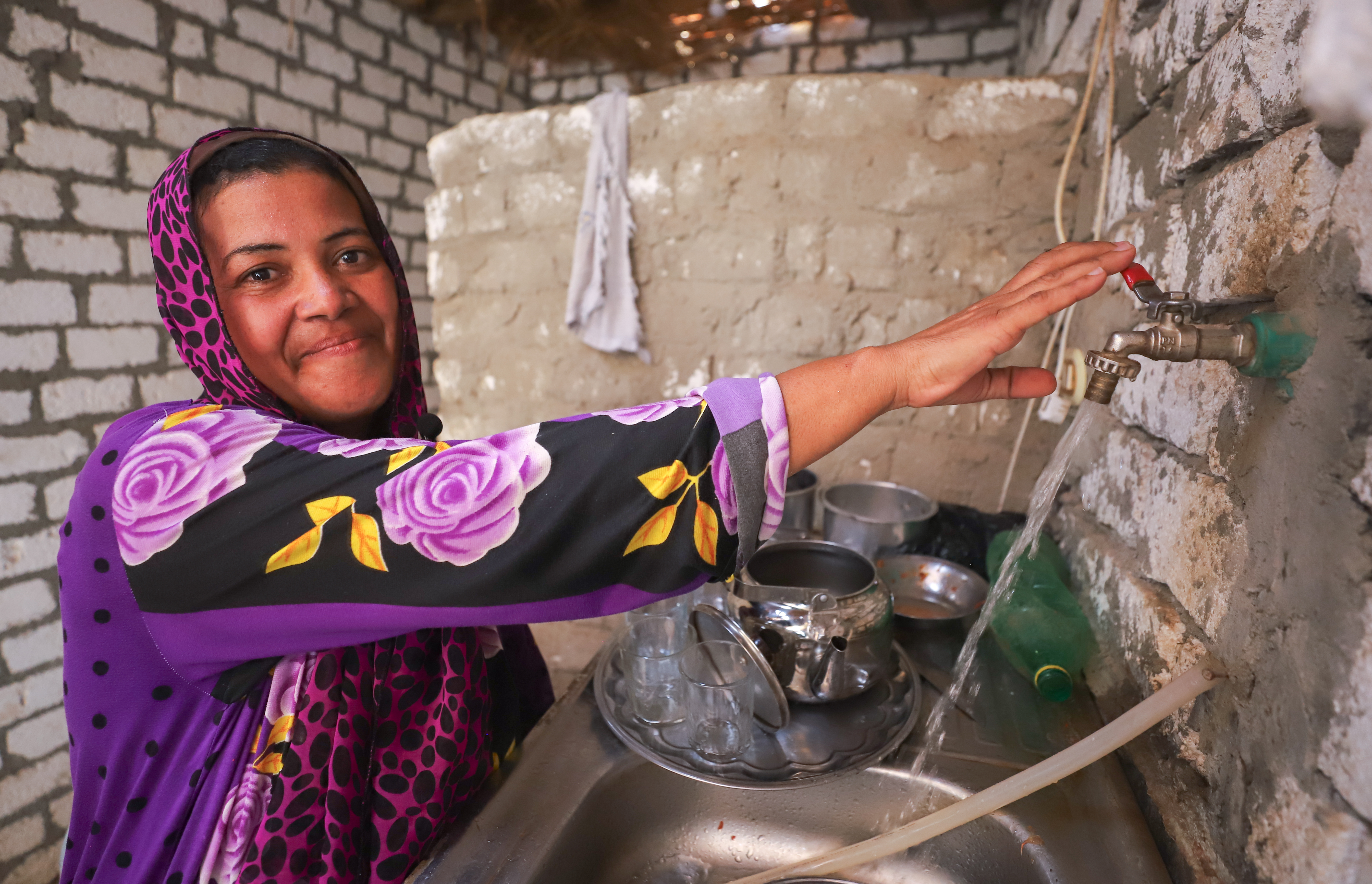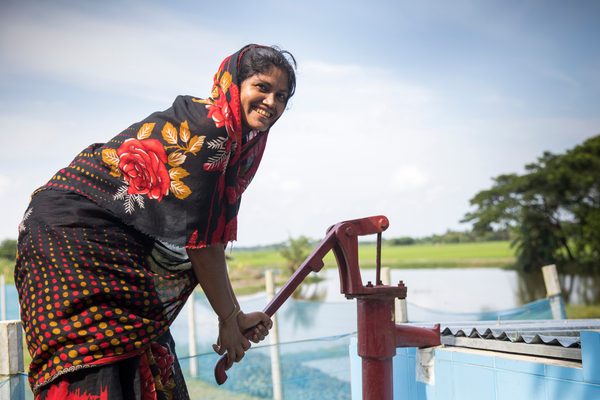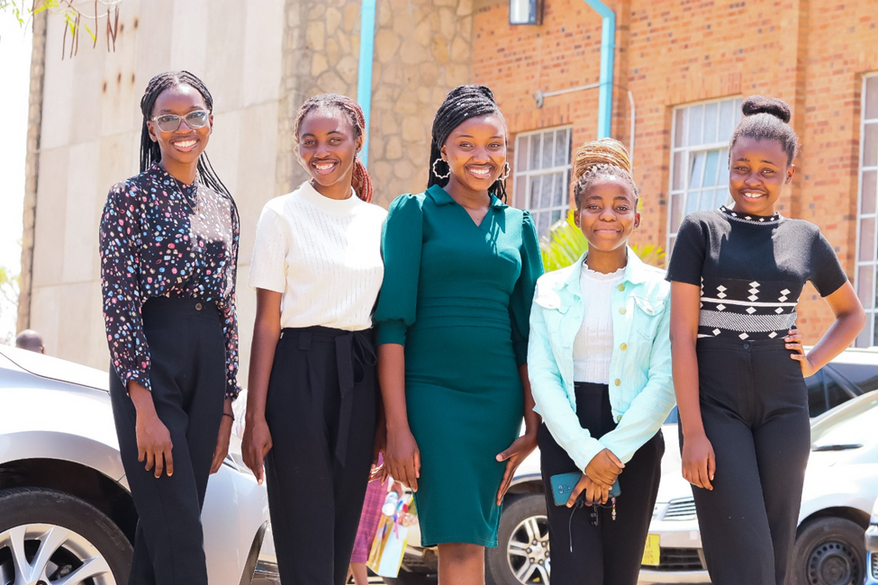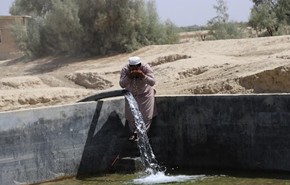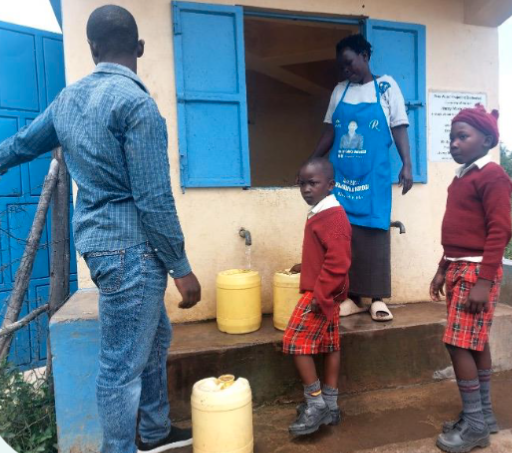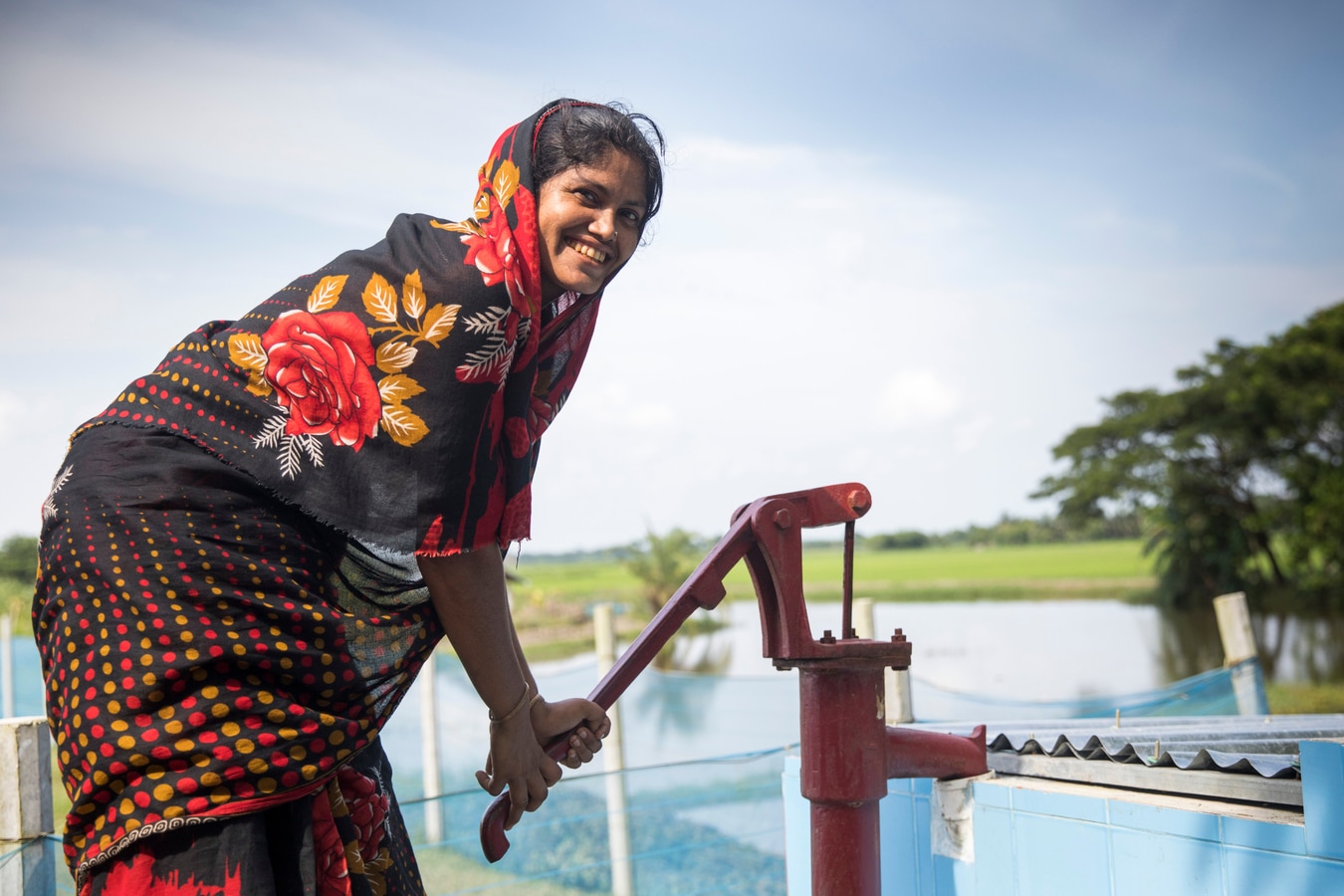For billions of people around the world, accessing clean water is not as easy as turning on your faucet.
– 2.2 billion people lack access to safely managed drinking water services.
– Over 440,000 children younger than 5 years die from waterborne illnesses like diarrhea.
– 688 million people receive health care at facilities with no hygiene services at all.
The good news is our charity partners listed below are working to ensure access to clean water is a reality for everyone around the world. Their programs include drilling wells; installing pumps, pipes, and toilets; educating communities about proper hygiene and sanitation; and more.
Explore the resources below to see the impact of their work.
Feeling inspired? Be a global champion and help increase access to clean water by supporting Global Impact charities through your employee giving campaign.
Find a Charity
Explore the Impact
Give Global Blogs
